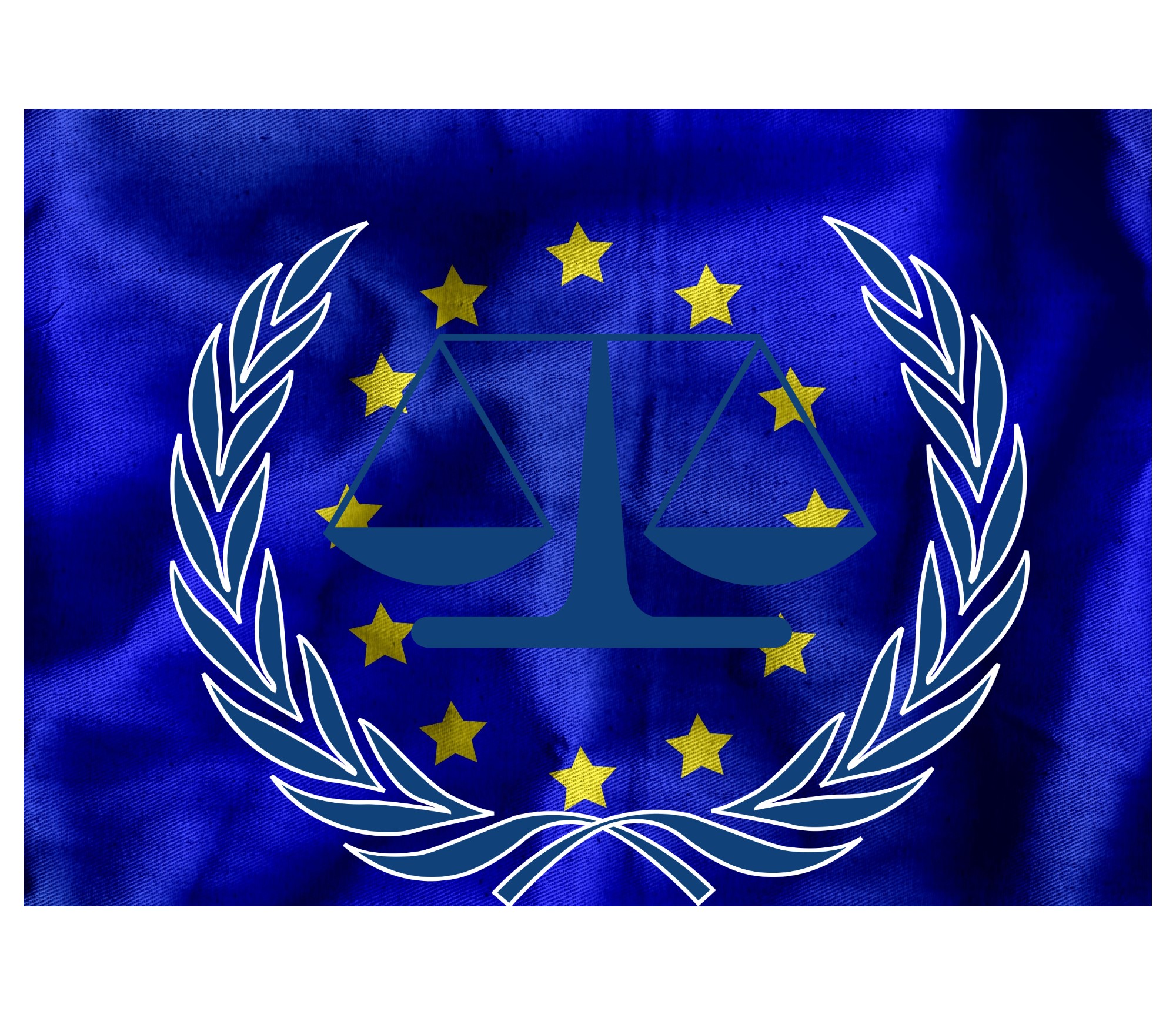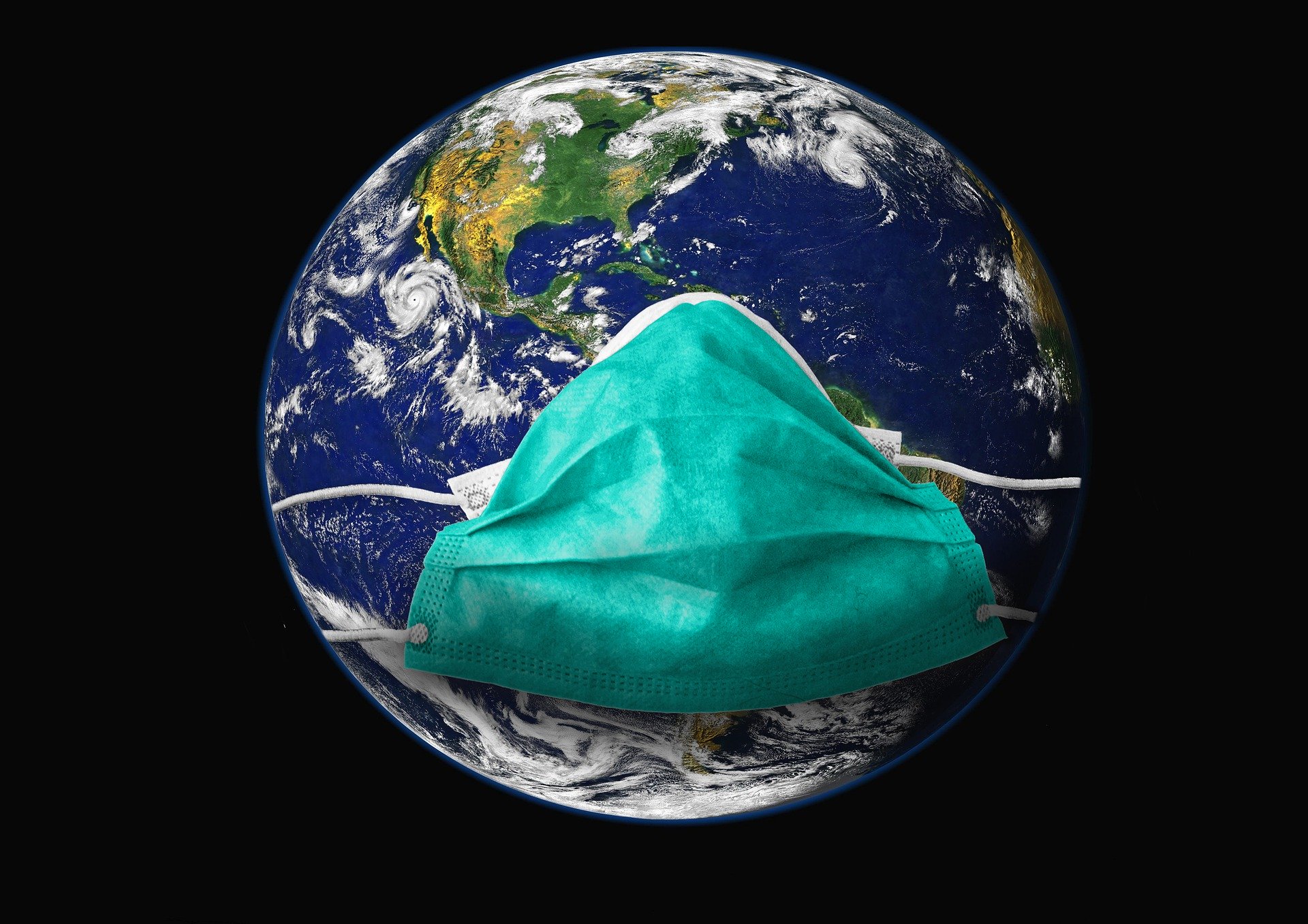Europe’s post-corona recovery budget will include mutualized debt for the first time ever. That’s if Merkel and Macron get their way and remaining Member States agree to an ambitious new budget plan proposed by the EU Commission. The Next Generation financing tool will involve borrowing €750 billion on the financial markets, repaid over a 30 year period. Described by Director General of DG Budget, Gert Jan Koopman, as effectively ‘self-financing’, the Netherlands and Austria are nevertheless expected to oppose it. Such divisions continue to plague the EU project. Changing entrenched national narratives is no easy task and one which national politicians often ignore.
The corona virus has hit all economies with unprecedented force. Optimistic estimates put contraction levels at approximately 7.5% to 8% for the eurozone economy in wake of the pandemic. Although the virus knows no borders, countries in Europe have been affected differently both in death rates and economic impact. Italy and Spain have been particularly badly hit, on both counts. These countries rely strongly on tourism which is one of the worst hit industries and both have less resilient economies than their northern counter-parts.
The management of the corona response, took place at national level and the asymmetric damage caused by the virus has reinforced notions of national responsibility. For those countries less affected, the temptation to view the problem from a national perspective is strong. Here in the Netherlands, solidarity with fellow Member States following the death of thousands across Europe, has been tempered by the belief that each country should use their own economic resources to counter the effects before looking to the EU for financial support. The simplistic attraction of the ‘keep your own house in order’ narrative, does not, unfortunately, take into account the complex relations inherent in a shared currency.
Germany and the Netherlands: once the ‘sick men of Europe’ – William Drozdiak.
The Euro has brought large increases in prosperity across Europe. It has powered economic growth in countries like the Netherlands and Germany who depend on large, stable European markets to sell their goods and services. Former editor and foreign correspondent for the Washington Post, William Drozdiak, recently recalled how different these countries were twenty years ago. When posted in Berlin as a foreign correspondent, he remembers how Germany and the Netherlands were described at the time as ‘the sick men of Europe’ with sluggish economies and bloated social services. The introduction of the Euro helped bring a surge in exports which turned them into the economic powerhouses they are today. Such things are conveniently forgotten, particularly, by national politicians who are quick to take credit for economic growth and low unemployment.
One cannot think of Europe simply as a market place, says French President, Emmanuel Macron. Yet for those who have enjoyed increasing economic prosperity as a result of the common market, it is perhaps difficult not to see it in this way. Markets are not entirely self-sustaining. History shows us that without a certain amount of intervention market forces can prove extreme with harsh consequences for society at large. In times of crisis, the eurozone market needs intervention on a pan-European level. For this, EU institutions like the European Central Bank, the European Commission and the European Investment Bank are well placed to take action. The problem comes when national governments view the EU market place as an external facility. One which they can make use of as and when it suits them but for which they have no fundamental responsibility.
‘The nation state along has no future.’ – Angela Merkel
Such notions are entrenched in the EU’s founding treaties in the form of the subsidiary principle. This essentially states that the EU will not take action unless it is more effective than action taken at national or regional level. This principle can thus work both ways but has frequently been used by Member States to question and limit EU powers. German Chancellor, Angela Merkel’s recent decision to side with Macron in the issuing of mutualised debt significantly empowers the EU as governing body. Her comment that ‘The nation state alone has no future’ is both insightful and deeply significant for the EU’s most powerful nation state.
With the backing of both France and Germany, the EU Commission has come up with a greatly revised long term budget within the space of only a couple of months. Most significant is the Next Generation EU instrument which Director General of DG Budget, Mr Gert Jan Koopman, describes as ‘very ambitious and very novel’ but ‘absolutely necessary to preserve the internal market’. The plan is to borrow €750 billion on the capital markets. This will be done in the name of the EU for the first time ever. Although it would be a temporary tool, designed to help offset the effects of the corona induced economic crisis, it clearly sets a precedent for similar actions in the future. Market response to the long-awaited emergence of a more heavy-weight Euro was immediate and strongly positive.
‘Exceptional circumstances require exceptional measures.’ – Christine Lagarde
But there are those, particularly the Netherlands and Austria, who remained unconvinced. The fear of mutualized European debt has long proved a bulwark of national politics in many Northern European countries. Germany too was long opposed to taking on the debt burdens associated with the free-wheeling spending habits of their Southern counterparts. However, the pandemic is truly exceptional. As Christine Lagarde recently pointed out, ‘Exceptional circumstances, require exceptional measures’. The EU enjoys a AAA credit rating, meaning low borrowing costs in a climate where interest rates are already very low. Member states will be required to increase donations from 1.29% of GNI to 1.4%. A further 0.6% will be required to guarantee the borrowing costs which will be repaid over a period of 30 years. This means that there is no need for separate guarantees from individual Member States.
Gert Jan Koopman describes the proposal as ‘a positive sum game, not a zero sum game’ as it is largely self-financing. He explains that because the package sits within the next EU budget, it will benefit from all the safe guards already in place for careful monitoring and distribution of funds. Koopman is also quick to point out that at closure of EU programmes, error rates are ‘non material’, meaning that procedures are ‘very robust’. Distribution of these funds among Member States is based on three criteria: GDP per capita, structural unemployment and population size.
‘A positive-sum game, not a zero-sum game’ – Gert Jan Koopman
Koopman agrees that they are simple but given the complexity of distribution amongst 27 member states, simplicity is vital. Based on these criteria, Italy and Spain will get the largest share of this money in the form of grants. Approximately €63 billion for Spain and €65 billion for Italy. The greatest challenge is getting the money to those who need it most, quickly. Traditionally, EU budget agreement has taken up to two years as it needs to be ratified by all national parliaments. However Koopman is hopeful that this time, Member States will respond to the urgency of the situation so that money can start flowing within 6 months.
This is where countries like the Netherlands and Austria can make their reluctance felt. In the Netherlands, national elections will take place in March next year. Pressure is therefore on for national politicians who have spent years benefiting from a dual narrative. The first is one of economic prosperity apparently, solely the result of the hard work and thriftiness of their electorate. The second, their role as national guardians against the money-hungry EU. An institution dedicated to propping up all those who spend ‘my money on liqueurs and women’ in the now infamous words of former Dutch finance minister, Jeroen Dijsselbloem. Austria’s coalition government has also come out against the proposal, saying that it would simply put too big a burden on the Austrian taxpayer. A burden that may well be worth shouldering if it helps ensure the kind of economic growth and prosperity that the EU has thus far delivered.








